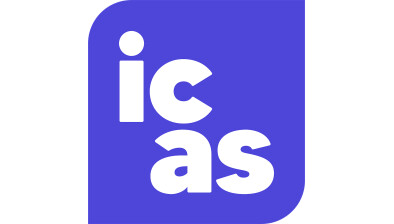ICAS: Single regulator for the insolvency profession not the way forward

The Institute of Chartered Accountants of Scotland (ICAS) has endorsed the UK government’s recent decision against creating a single insolvency profession regulator.
The decision comes in the wake of public consultations launched in December 2021, which explored various changes to the insolvency regulatory framework. Among the most contentious ideas was the formation of a single regulatory body under The Insolvency Service.
Robert Mudge, executive director, regulation at ICAS, said: “It’s encouraging that the UK government has acknowledged that the existing Recognised Professional Bodies (RPBs), including ICAS, already deliver effective oversight of the insolvency profession, and that the best way forward is to work together to make improvements where these are needed.
“We believe that the proposal for a single regulator, would have resulted in significant risks, large scale disruption and would have come at a huge cost.”

Robert Mudge
Mr Mudge continued: “ICAS has worked collaboratively with The Insolvency Service and the other three RPBs for many years to deliver a highly respected insolvency regime. We support the need to continually review, develop, and amend the regulatory framework over time, but feel this should be a process of evolution, rather than revolution.
“For more than 12 years we’ve asked for regulation to be extended to firms that offer insolvency services, to supplement the existing arrangements, which only cover individual insolvency practitioners.
“We’re committed to further enhancing the first-class worldwide reputation that the UK insolvency regime has. We look forward to working with The Insolvency Service and the other RPBs to identify how firm regulation can be implemented effectively and as swiftly as possible.”
While ICAS supports the establishment of a statutory register of insolvency practitioners and relevant firms, it raised concerns over transferring the power to set professional operating standards from the existing Joint Insolvency Committee to the Secretary of State
Currently standards are established by the Joint Insolvency Committee which has an effective majority of lay members.
David Menzies, director of practice, at ICAS, said: “Transferring ethical and standard setting powers from an independent body to government creates unnecessary bureaucracy and risks.
“The current inclusive approach to setting standards; involving the profession and wider insolvency stakeholders, is essential to produce authoritative standards that are supported by users and regulators alike, as well as being relevant and realistic.
“While the government intends to continue to collaborate with profession experts and the RPBs, there will be significant implications in terms of cost, effectiveness and timeliness for the development of standards which will need to be addressed.”







